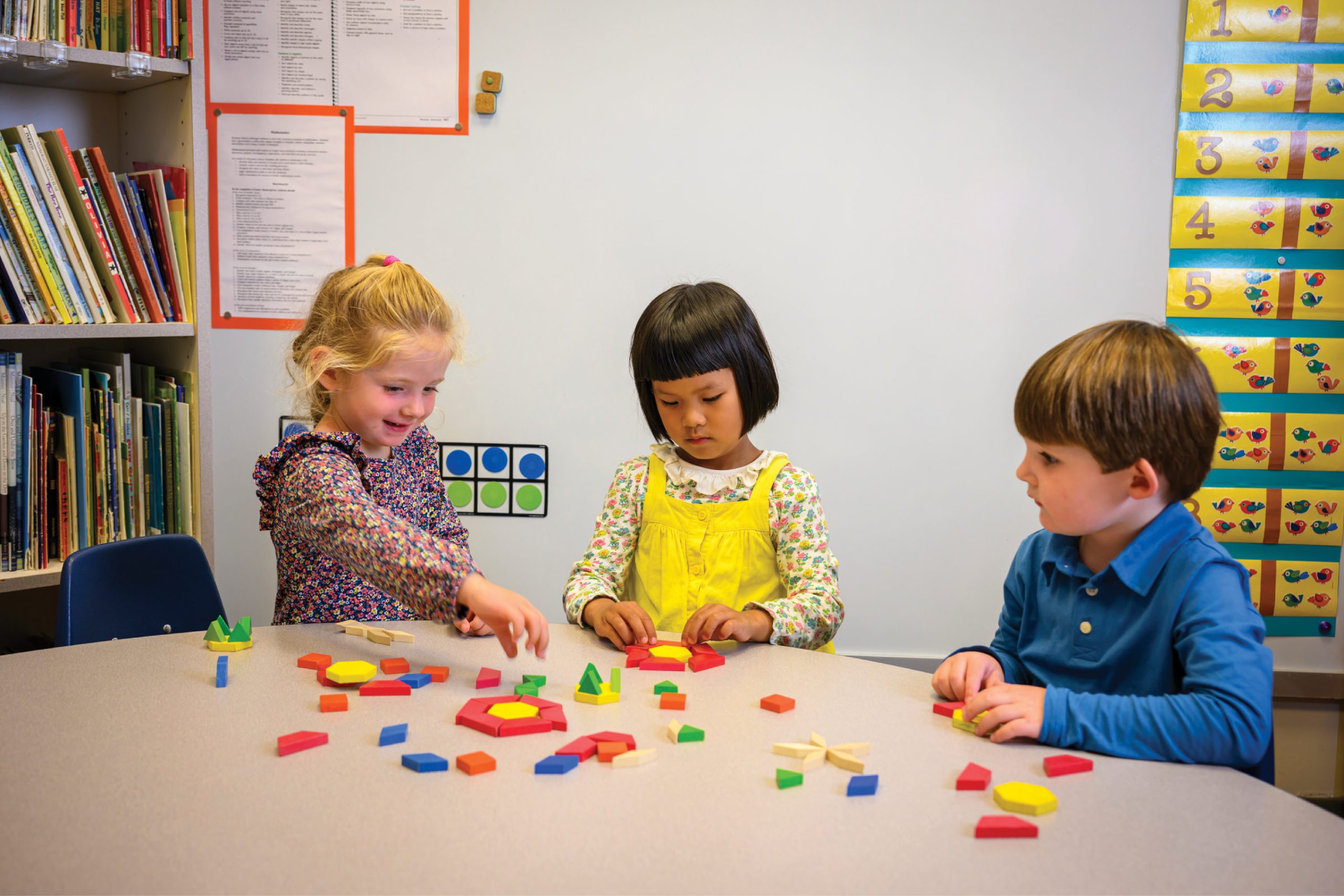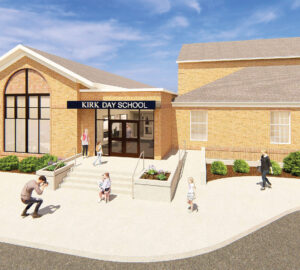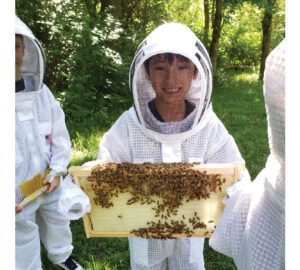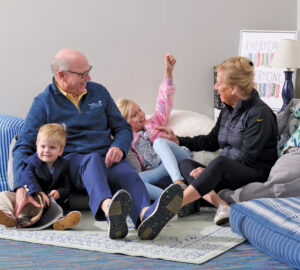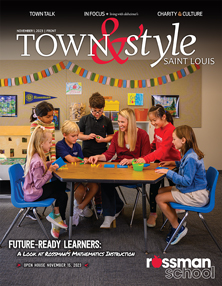 A common question we all had when learning math is: When am I going to use this in my everyday life? At Rossman School, it’s understood that a strong foundation in mathematics not only helps in common situations like managing a budget or calculating a tip, but it also builds important skills like critical thinking and problem solving. The school, which serves students in junior kindergarten through grade six, is dedicated to inspiring a love of academic exploration and engagement, so students are motivated to become lifelong learners—that includes an innovative math curriculum focused on collaborative learning, hands-on activities and interdisciplinary studies.
A common question we all had when learning math is: When am I going to use this in my everyday life? At Rossman School, it’s understood that a strong foundation in mathematics not only helps in common situations like managing a budget or calculating a tip, but it also builds important skills like critical thinking and problem solving. The school, which serves students in junior kindergarten through grade six, is dedicated to inspiring a love of academic exploration and engagement, so students are motivated to become lifelong learners—that includes an innovative math curriculum focused on collaborative learning, hands-on activities and interdisciplinary studies.
At Rossman, the goal with math is not to teach to an exam but instead to inspire a deeper understanding of fundamental concepts. “Our students are not expected to simply mimic and compute,” second grade teacher Jamie Rhinesmith explains. “They do a lot of problem solving and critical thinking, laying not just the foundation for middle and high school algebra but building lifelong skills.” Second graders are given open-ended tasks to help them explore concepts. For example, students are divided into groups and tasked with coming up with an argument for whether zero is odd or even. “They aren’t given a sheet of problems they can solve in minutes,” Rhinesmith notes. “It’s a productive struggle that allows them to feel a sense of success when they work through it.”
Unlike other subjects, math can come with extra challenges due to students’ preconceived notions. “Math anxiety is a real thing,” says Rhinesmith. “I’m lucky to work with younger students, so many of them have not developed it, but some kids are still nervous about the subject. It’s important that we break down those barriers and help them feel more confident.” Sixth grade teacher Caroline Ivey adds, “We encourage our students to have a growth mindset and recognize the power of ‘yet.’ Just because they don’t know it now, doesn’t mean they never will. To help them grow, we use discovery activities that allow them to think through the problem in their own way.”
At the end of each unit, sixth graders get to apply the topic to an interdisciplinary project that allows them to practice their new skills through creative application. Ivey notes that one of her students’ favorite activities is a top chef competition that follows the decimal unit. Students are tasked with creating their own restaurants, determining what food they will serve and how to handle pricing, gratuity and tax. “They get to see the real world applications of total costs, and work through the math of running a restaurant, learning concepts like profit and breaking even,” she says. “It’s a fun way to apply their lesson by creating unique restaurants.”
The math curriculum is a reflection of Rossman’s approach to education as a whole. Rhinesmith notes that the school is dedicated to inspiring students through educational opportunities. “Our mission is centered on providing a strong, well balanced education,” Ivey adds. “It’s not just about learning math, but also creating a safe place where students can make mistakes and still feel respected. That way they can engage in their education and lay the foundation for success in and out of the classroom.”
Located on 20 acres in St. Louis County, Rossman School serves children in junior kindergarten through grade six. The independent elementary school offers a challenging curriculum in academics, arts and character growth. Pictured on the cover: Second graders work with teacher Jamie Rhinesmith. For more information, call 314.434.5877 or visit rossmanschool.org.
Cover design by Julie Streiler
Cover photo by Colin Miller of Strauss Peyton Photography
Pictured at top: Junior kindergartners engage in hands-on collaborative math activities.
Photo: Colin Miller of Strauss Peyton Photography





